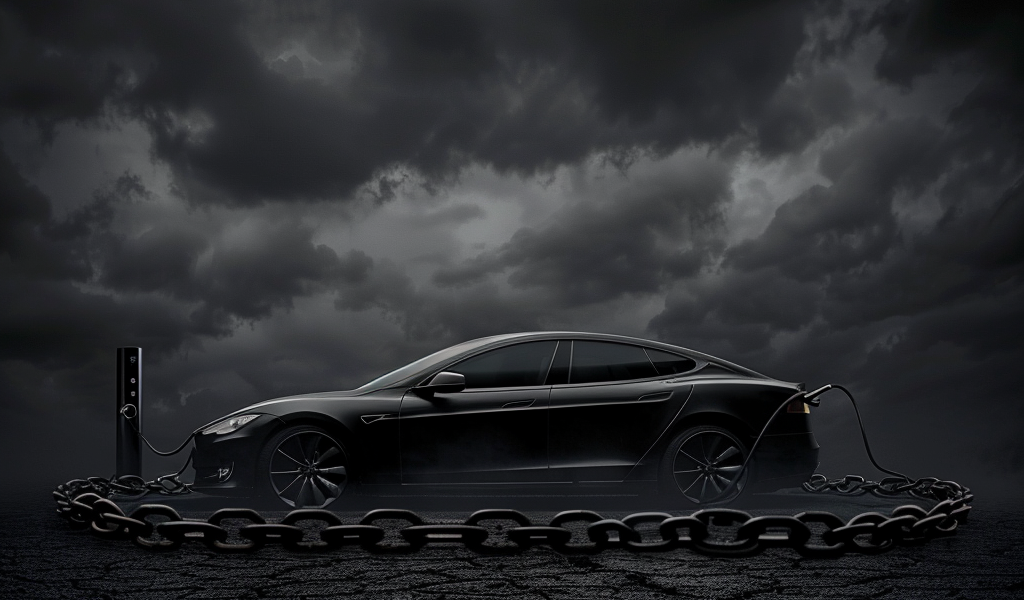Hertz Global Holdings Inc. faced a significant setback as it reported a loss that was almost three times worse than analysts had anticipated. The company’s decision to accelerate the sale of electric vehicles (EVs) in a bid to reduce its fleet of Tesla Inc. models, which had been impacting profits negatively, resulted in a loss of $1.28 per share or $392 million. This was in stark contrast to the expected loss of 44 cents per share.
As part of the strategy to mitigate the impact of its failed EV bet, Hertz took a $195 million charge for the depreciation of an additional 10,000 EVs that are now earmarked for sale. While the company managed to meet revenue expectations, the move to swiftly address the challenges posed by its EV initiative, which led to lower rental rates and increased costs, was evident.
Following the announcement, Hertz’s shares plummeted by 23% in New York, marking a record low of $4.48 and setting the firm on course for its most significant one-day drop ever. Prior to this decline, the stock had already experienced a 44% decrease in value year-to-date up to the close of trading on Wednesday.
The appointment of Gil West as the new Chief Executive Officer signals a shift in strategy, with a focus on rectifying the EV-related issues. West is committed to optimizing the EV fleet composition to minimize the adverse impact on profitability. The higher repair costs associated with EVs compared to traditional gas-powered vehicles, coupled with the depreciation in EV values following price cuts by Tesla, have necessitated this strategic shift.
During discussions with analysts, West outlined his operational priorities aimed at revitalizing Hertz’s core business functions. These efforts encompass enhancing customer experiences at rental counters and aligning Hertz’s vehicle offerings with market demands in both rental and used-car segments.
Describing 2024 as a ‘transition year,’ West emphasized the need for operational improvements to address the subpar quarterly results. The company’s decision to close 125 locations, particularly underperforming off-airport sites, underscores its commitment to streamlining operations. Additionally, the gradual divestment of cars acquired during the peak vehicle pricing period in 2023 is expected to conclude by 2025.
West’s meticulous approach extends to scrutinizing procurement practices for replacement parts and expediting vehicle turnaround times for rental readiness. The divestment of the EV fleet, while essential, is acknowledged to be a time-consuming process that will require sustained efforts from Hertz.





